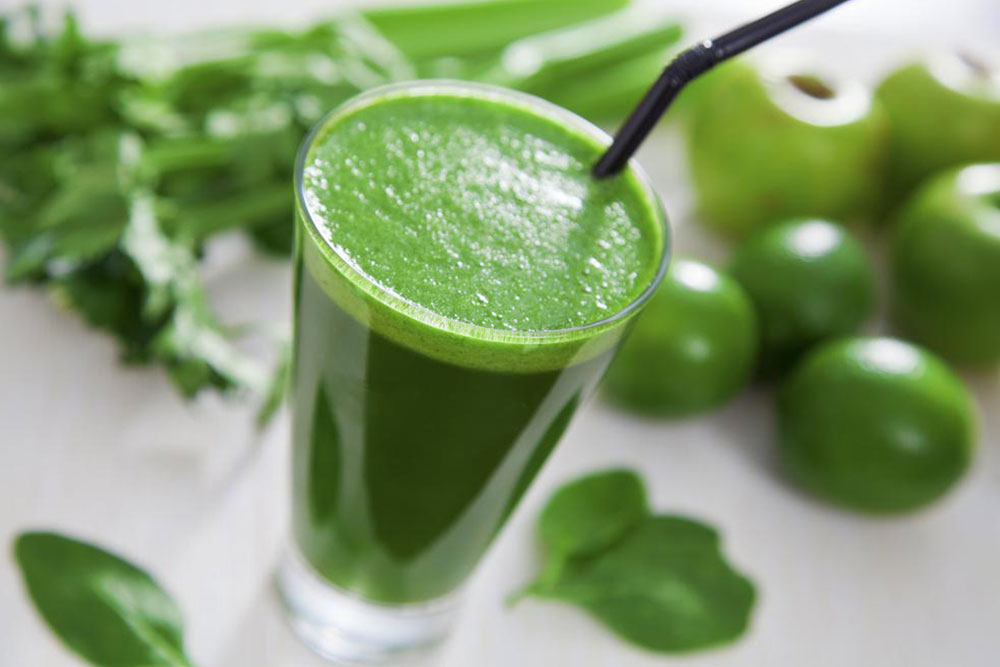Effective Strategies for Managing Persistent Constipation
This article offers practical tips and home remedies for managing persistent constipation. It highlights dietary adjustments, physical activity, stress reduction, and natural treatments to improve bowel health. Understanding causes and applying proven strategies can alleviate discomfort and promote digestive wellness effectively.
Sponsored

Constipation is a common digestive issue affecting a significant portion of the population, with rates rising to 50-75% among the elderly. In the USA alone, Americans spend over $250 million annually on constipation treatments. Fortunately, relief options are available. Understanding constipation and its remedies can help alleviate discomfort and improve quality of life.
What is Constipation?
Constipation occurs when bowel movements become infrequent or stools become hard and difficult to pass. Normal frequency ranges from three times daily to three times weekly. When stool is dry and hard, it indicates constipation, which can cause bloating, discomfort, and other health concerns.
Persistent constipation not only causes discomfort but may also lead to weakness, anemia, or blood in stool. It impacts daily functioning, reduces energy levels, and can be troublesome if left untreated. Experiencing fewer than one bowel movement per day does not qualify as chronic, but ongoing symptoms require intervention.
Causes include poor diet, dehydration, lack of physical activity, medication side effects, certain illnesses, and psychological factors. Addressing these causes is essential for effective relief.
Proven Approaches for Relief
Manage Digestive Sensitivities: Conditions like irritable bowel syndrome (IBS) and sensitivities to FODMAPs—carbohydrates poorly digested by the gut—can contribute to constipation. A low-FODMAP diet can help manage symptoms, although IBS itself has no cure.
Optimize Fiber Intake: Consuming the correct balance of soluble and insoluble fibers is vital. Soluble fibers soften stools, easing passage, whereas excess insoluble fibers may worsen constipation. Aim for a balanced intake.
Stay Hydrated: Adequate fluid consumption keeps stools soft and easier to pass. Drinking plenty of water or other hydrating beverages reduces dryness and impaction risks.
Reduce Stress Through Mindfulness: The mind-gut connection plays a role in digestion. Practices like yoga and meditation can lower stress levels, positively impacting bowel regularity.
Engage in Regular Physical Activity: Movement stimulates intestinal motility. Incorporate daily exercise or simple routines like walking to prevent and alleviate constipation.
Try Abdominal Massage: Gentle massage techniques can promote stool movement through the intestines. Consult a specialist for proper methods.
Elevate Your Feet While Sitting: Sitting with feet slightly elevated and maintaining an upright posture can facilitate easier bowel movements.
Home Remedies for Constipation Relief
Several natural remedies can help manage constipation at home, such as:
Olive Oil: Enhances digestion when taken regularly. Mix a teaspoon with lemon juice and consume in the morning.
Lemon Water: Squeezing fresh lemon into warm water and drinking it daily stimulates digestion and detoxifies the system.
Blackstrap Molasses: Rich in nutrients, taking a tablespoon in warm water or tea can ease constipation.
Coffee: Moderate coffee intake acts as a stimulant for digestion, but excessive consumption is discouraged.
Stay Active: Maintaining an active lifestyle with walking or routine movements helps prevent constipation.
Flaxseed Oil: Adding a tablespoon to orange juice can support bowel movements.
If symptoms persist despite these remedies, consult a healthcare professional for appropriate medical intervention.





